Modular Homes vs Traditional Construction: What are the key differences?
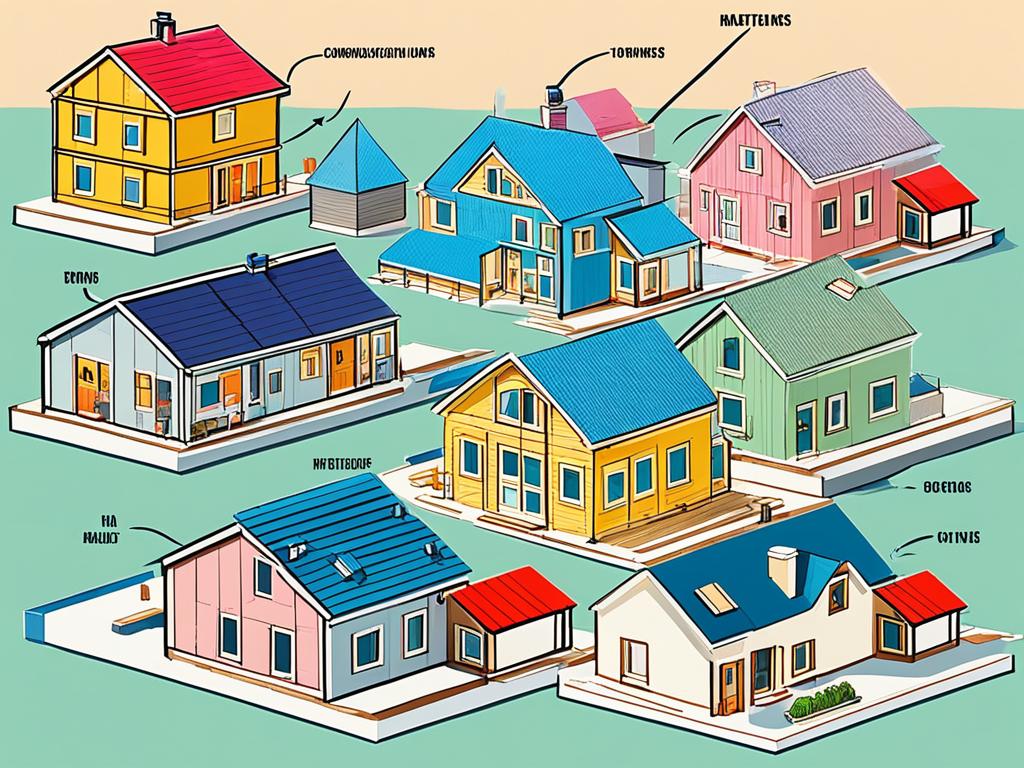
In the ever-evolving world of UK housing, modular homes and traditional construction methods have emerged as two distinct approaches. Understanding the key differences in efficiency, cost, and customisation is essential for homeowners and developers alike.
Modular housing, also known as prefabricated or off-site construction, offers a modern and efficient alternative to traditional building methods. On the other hand, traditional construction methods have long been the foundation of the UK housing industry. Let’s explore the contrasting features and benefits of these two approaches.
Key Takeaways:
- Modular homes and traditional construction methods have distinct differences in efficiency, cost, and customisation.
- Modular housing offers faster construction times, thanks to simultaneous building activities and minimized weather delays.
- Modular homes are often more cost-effective due to standardized design, reduced transportation costs, and faster construction times.
- Contrary to misconceptions, modular housing allows for customization, offering various choices throughout the home.
- Modular construction has a positive environmental impact, promoting energy-efficiency, sustainable materials, and lower carbon emissions.
Speed of Construction
When it comes to construction speed, modular housing outshines traditional building methods. Modular construction is known for its efficient and swift completion times, making it an attractive option for those in search of a quick turnaround.
The secret lies in the piecemeal nature of modular construction. Unlike traditional building methods, modular homes are constructed off-site in a controlled factory environment. This allows for simultaneous building activities to take place, significantly reducing construction time.
Additionally, the factory setting minimizes weather delays, ensuring that construction progresses smoothly regardless of outdoor conditions. Imagine the convenience of avoiding construction setbacks due to rain, snow, or extreme temperatures.
As a result, modular housing projects can be completed in 40% less time than traditional construction methods. This means homeowners can move into their new homes sooner, without compromising on quality or craftsmanship.
So, if you’re looking for a speedy construction process without sacrificing quality, modular housing is the way to go.
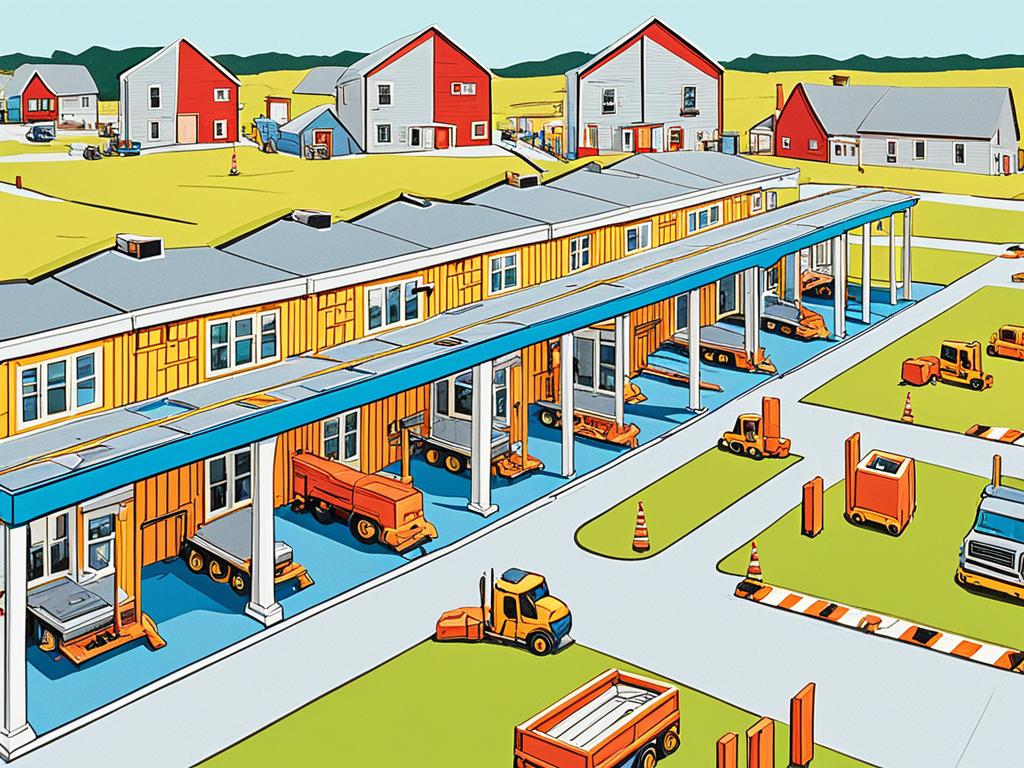
Cost Effectiveness
Modular housing offers a cost-effective alternative to traditional building methods. The cost savings can be attributed to several factors.
Firstly, the standardization of design in modular construction reduces the need for transportation of materials to the construction site, eliminating significant transportation costs. This streamlined process also minimizes the risk of material wastage, further contributing to cost savings.
Additionally, modular housing is less susceptible to delays caused by adverse weather conditions. Since modular construction takes place in a factory setting, weather-related setbacks are minimized, resulting in faster project completion times and reduced labor costs.
Experts estimate that the cost of constructing modular housing can be 10-25% lower compared to traditional methods. These cost savings make modular housing an attractive option for individuals and organizations seeking affordable and efficient housing solutions.

Benefits of Cost Effectiveness:
- Significant reduction in construction costs compared to traditional building methods
- Elimination of transportation costs and minimized material wastage
- Faster project completion, reducing labor costs
- Attractive option for affordable and efficient housing
When it comes to meeting housing needs, modular housing stands out as a cost-effective choice that combines efficiency and affordability.
Customization
Contrary to common misconceptions, modular housing offers various customization options for homeowners. While manufacturers may start with a starter floor plan, they also provide the flexibility to tailor the design and features of the home according to individual preferences and needs. With modular housing, homeowners can truly create a space that reflects their unique style and lifestyle.
From choosing different layouts for bedrooms and living areas to selecting materials, finishes, and fixtures, there are endless possibilities for customization in modular homes. Homeowners can even opt for additional features such as upgraded appliances, smart home technology, and energy-efficient solutions.
Modular housing allows for customization throughout the entire home, ensuring that it meets the specific requirements of the homeowner. Whether it’s adding extra rooms, expanding the kitchen, or creating a dedicated home office, modular construction can accommodate various customization options to fit individual needs.
By offering a wide range of customization choices, modular housing allows homeowners to create a space that suits their lifestyle and taste. This level of personalization ensures that the home feels truly unique and tailored to the homeowner’s desires.
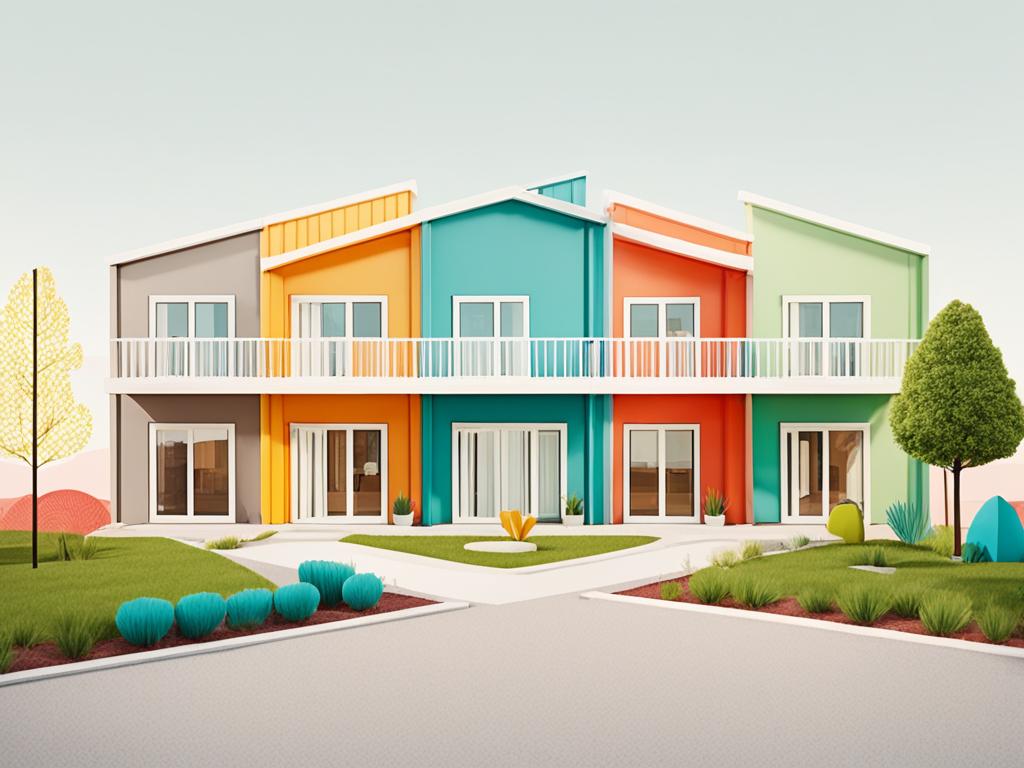
Modular housing provides a blend of efficiency, cost-effectiveness, and customization, making it an attractive option for those looking to create their dream home.
Environmental Impact
When it comes to sustainability, modular construction is a game-changer. Not only does it provide an innovative solution to the housing crisis, but it also has a significantly lower environmental impact compared to traditional building methods. By incorporating energy-efficient practices and promoting the use of sustainable materials, modular construction minimizes its carbon footprint and contributes to a greener future.
One key factor that sets modular construction apart is its controlled factory environment. This controlled setting allows for greater efficiency in construction, resulting in reduced waste and energy consumption. Additionally, the use of sustainable materials, such as recycled steel and eco-friendly insulation, further lowers the environmental impact of modular homes.
Studies have shown that modular construction can reduce carbon emissions by an impressive 38% compared to traditional building methods. This reduction can be attributed to factors such as optimized transportation of materials, minimized on-site construction time, and efficient energy usage. Furthermore, modular homes are built to last and have demonstrated excellent resilience in extreme weather conditions, further contributing to their overall sustainability.
FAQ
What are the key differences between modular homes and traditional construction?
Modular homes and traditional construction methods have distinct differences in terms of efficiency, cost, and customization. These variations have implications for the UK housing market.
What is the speed of construction for modular housing compared to traditional building construction methods?
Modular housing offers faster construction times compared to traditional building methods. This is due to the piecemeal nature of modular construction, which allows for simultaneous building activities. Additionally, modular construction takes place in a factory setting, minimizing weather delays. As a result, modular housing projects can be completed in 40% less time than traditional construction methods.
Is modular housing more cost-effective than traditional building methods?
Yes, modular housing is often more cost-effective than traditional building methods due to several factors. Standardization of design in modular construction reduces the need for transportation of materials to the construction site, resulting in cost savings. Additionally, the reduced impact of weather and faster construction times contribute to lower costs. According to experts, there is a 10-25% decrease in construction costs for modular housing compared to traditional methods.
Can modular homes be customized to homeowners’ preferences?
Contrary to common misconceptions, modular housing offers customization options for homeowners. While manufacturers may start with a starter floor plan, they also provide various customization choices throughout the home. This allows homeowners to personalize their modular homes according to their preferences and needs.
What is the environmental impact of modular construction compared to traditional methods?
Modular construction has a positive environmental impact compared to traditional methods. It is more energy-efficient, reduces waste, and promotes the use of sustainable materials. The controlled factory environment in modular construction leads to greater efficiency and less carbon emissions. In fact, carbon emissions in modular construction can be 38% lower than traditional building methods. Furthermore, modular homes are built to last and have been found to perform well in extreme weather conditions.

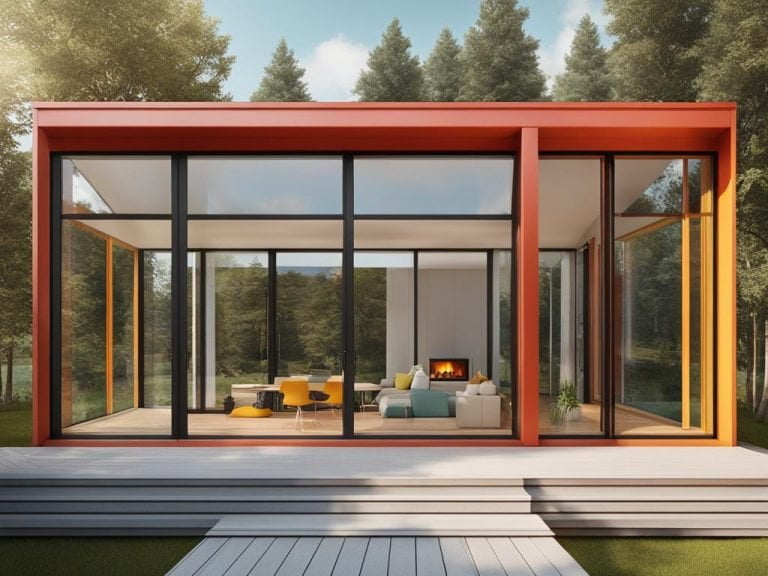
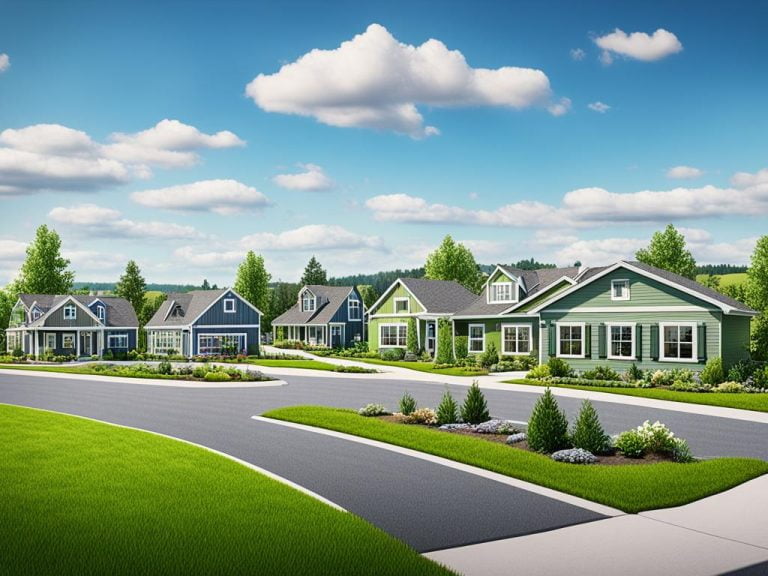


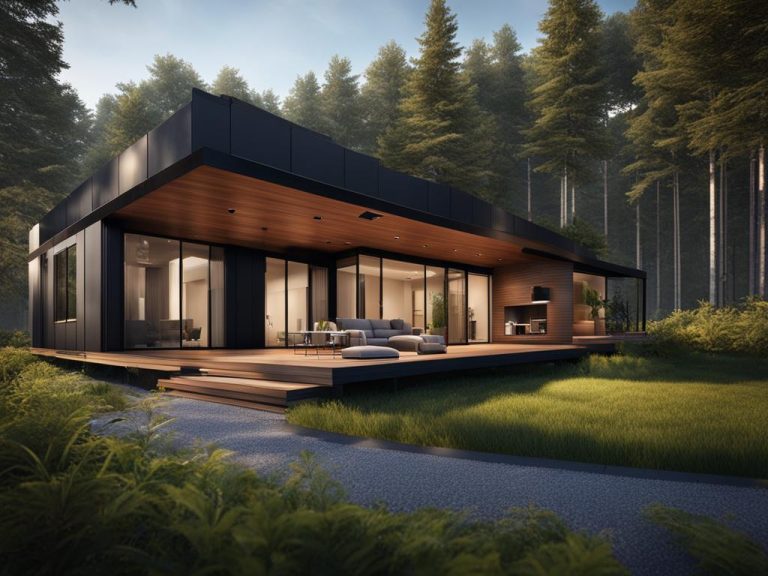
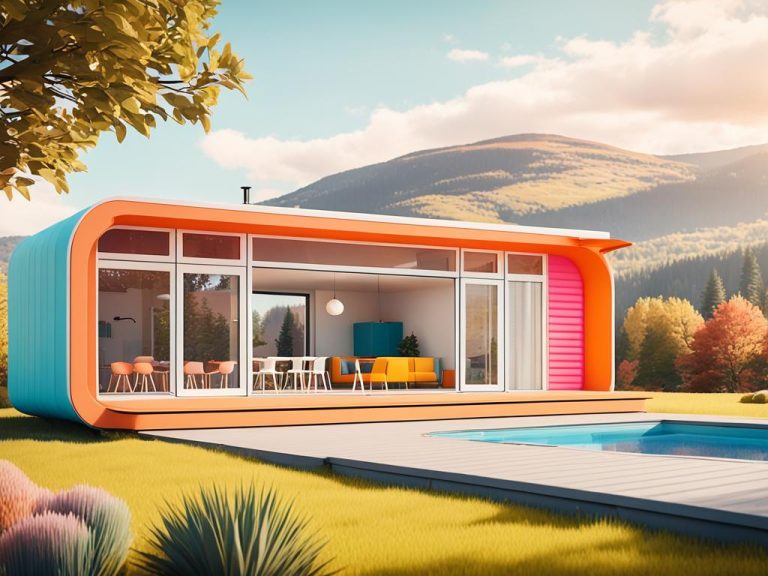
Very interesting points you have remarked, thank you for putting up.Raise range
magnificent put up, very informative. I wonder why the other specialists of this sector don’t realize this. You must continue your writing. I’m confident, you’ve a great readers’ base already!
priligy premature ejaculation pills Clinicians may offer endocrine therapy alone for these patients